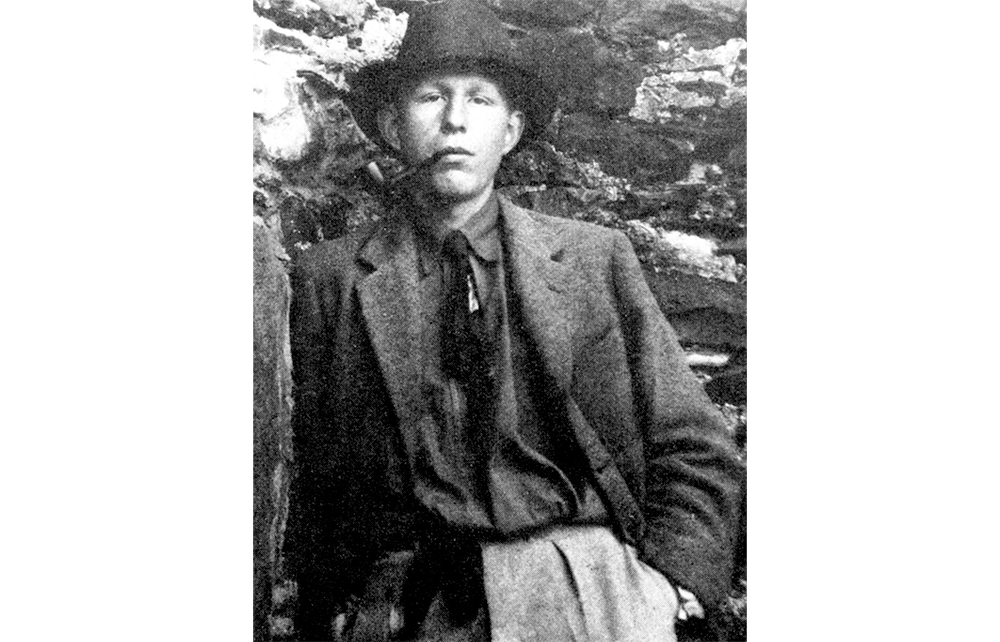Nicholas Jenkins takes, as a point to navigate by in this rich and ingenious study of the early Auden, a remark by the poet’s friend Hannah Arendt. Auden, she said, had ‘the necessary secretiveness of the great poet’. You can’t always trust what Auden, in his prose and in his later interviews, claimed to have been getting at in the poems.

Disagree with half of it, enjoy reading all of it
TRY A MONTH FREE
Our magazine articles are for subscribers only. Try a month of Britain’s best writing, absolutely free.
Already a subscriber? Log in







Comments
Join the debate, free for a month
Be part of the conversation with other Spectator readers by getting your first month free.
UNLOCK ACCESS Try a month freeAlready a subscriber? Log in